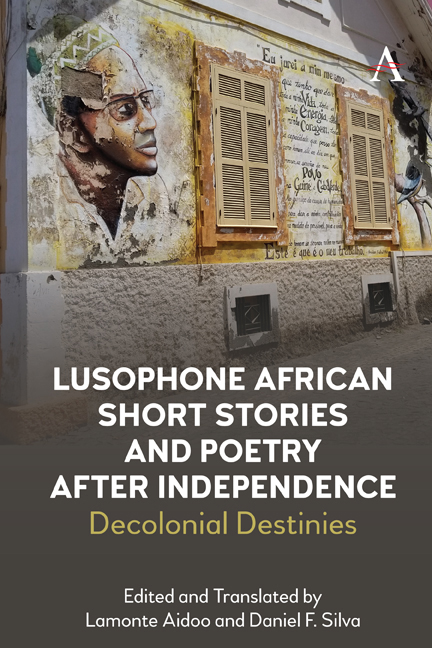Chapter 11 - Domingas Samy
Published online by Cambridge University Press: 23 February 2022
Summary
Introduction
Domingas Barbosa Mendes Samy was born on January 2, 1955, in Bula, Cacheu in Guinea-Bissau (then Portuguese Guinea). She attended elementary school in Gabú and secondary school in Bissau at the Honório Barreto National High School, renamed in her last year as the Kwame Nkrumah National High School after independence. She earned a bachelor's degree in Germanic philology at Voronezh State University in the USSR in 1981. She would return to her high school alma mater to teach French and serve as director of the national Pedagogical Council. Years later, she became an increasingly important member of the Partido Africano para a Independência de Guiné e Cabo Verde (African Party for the Independence of Guinea and Cabo Verde, PAIGC), the postindependence state's Marxist ruling party, serving as the director of the National Library. She has also served as the secretary of the National Union of Artists and Writers of Guinea-Bissau.
Samy has published literature (poetry and prose) in four different languages—Guinean Creole, Portuguese, Russian, and French. She is notably the first Guinea-Bissauan woman to publish prose literature, with her collection of short stories, A Escola (The School, 1993). Though she was a member of the PAIGC, her work was not limited to the postcolonial Marxist rhetoric and masculinist mythologies of revolution often found in earlier writers. As Hilary Owen argues with regard to The School, Samy “evolved substantially beyond [her] Marxist roots, bringing challenging female perspectives to bear on sexual relations, body politics and the male authored dialectics of modernity and tradition in family and kinship relations” (500).
This same shift can be found in her poetry, despite having been written much earlier during her time in Russia, as is the case with the poems included below. Written in the same decade as national independence, these highlight and signify, in different ways, temporally pertinent struggles and events such as Amílcar Cabral's death. Many of Samy's early poems are, therefore, marked not by PAIGC victory over the Portuguese, but by the human cost of the armed conflict for independence, as well as the ongoing struggle and life under new forms of empire, namely, postindependence civil wars and the infrastructural collapse left by the Portuguese.
- Type
- Chapter
- Information
- Lusophone African Short Stories and Poetry after IndependenceDecolonial Destinies, pp. 139 - 146Publisher: Anthem PressPrint publication year: 2021

